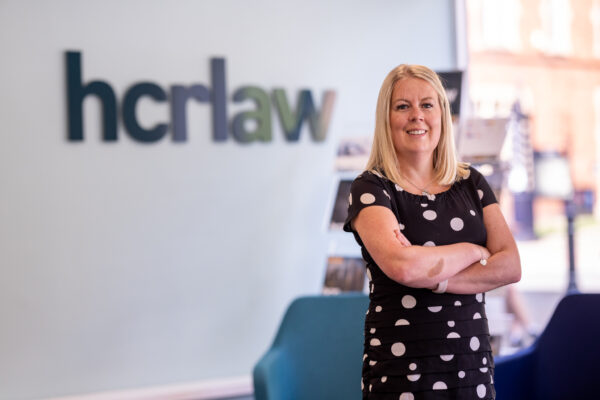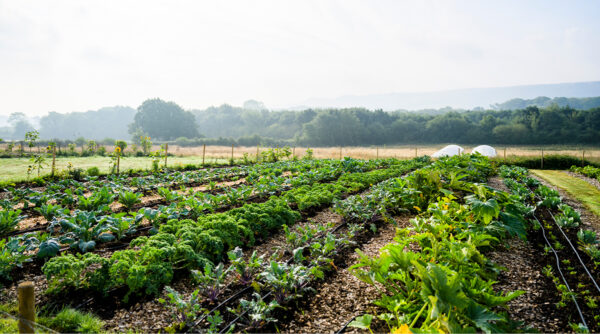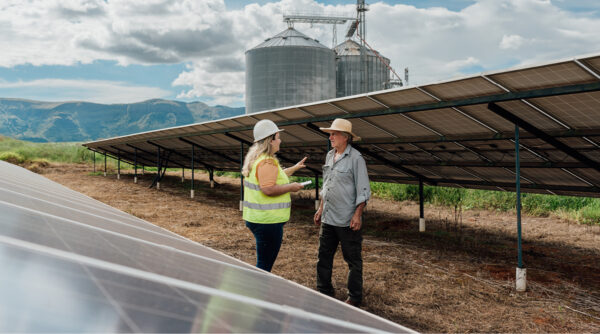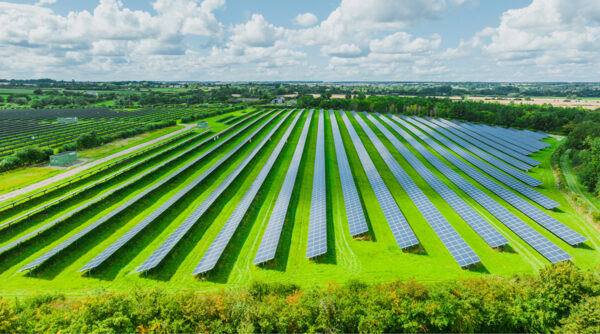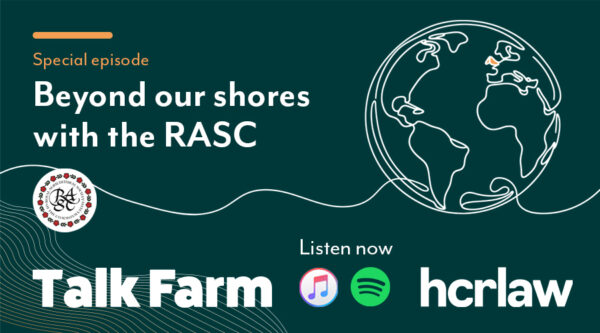
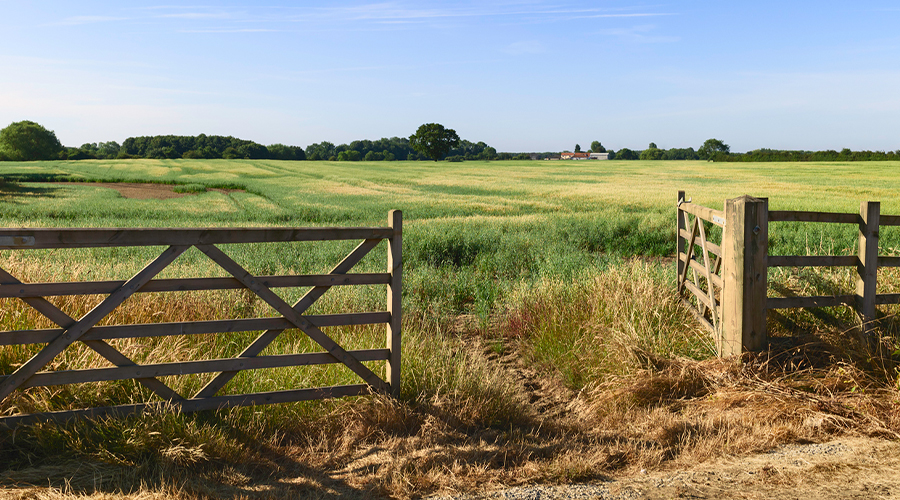
When selling agricultural land, one of the most significant concerns for landowners is ensuring they don’t lose out if the buyer receives a profit from future development. This is where overage (or clawback) clauses come in, allowing you to benefit from the uplift in land value if planning permission is granted after the sale. However, obtaining the right legal advice is essential to avoiding disputes and making sure you receive what you’re entitled to.
What is an overage or clawback agreement?
An overage clause is a legal agreement that means, if your old farmland gets planning permission for housing, commercial buildings, or another profitable use, you could receive a percentage of that increase in value.
The key points to consider are:
- Trigger events: usually planning permission for development but could include a change of land use.
- Payment terms: percentage of the land’s value uplift, typically paid when the land is sold or on the grant of planning permission.
- Duration: often lasts 10 to 30 years, though enforceability needs careful consideration.
- Exemptions: buyers may negotiate exclusions, for instance allowing agricultural buildings or small-scale farm diversification without triggering the overage.
Potential pitfalls
Overage and clawback agreements present both challenges and opportunities.
Ensure the wording is clear on what triggers payment and how the uplift is calculated to avoid legal disputes, and steer clear of any vague or overly complex language. The clause should be properly registered with the Land Registry so that future owners are legally bound by it. Specialist lawyers can help with this.
It’s also important to agree upfront how the increase in land value will be measured. For instance, will it be assessed before or after development costs, and will inflation be considered?
Finally, it’s worth noting that some buyers will be put off by an overage or clawback clause. To make your land more appealing to potential buyers, consider reducing the overall percentage over time or setting a reasonable end date.
Key takeaways
When considering overage or clawback agreements, it’s important to think about the long-term. If your land has future development potential, then an overage clause can ensure you benefit from any uplift in value.
In terms of the agreement itself, keep it practical, fair and well-structures. This increases the likelihood of attracting serious buyers while still protecting your interests. It’s worth seeking quality legal advice at this stage because poorly drafted overage clauses will be difficult to enforce and can lead to disputes. A comprehensive and watertight agreement is essential to safeguarding your financial future.
Overage can be a useful tool, but only if it is done correctly. If you’re selling land, it’s worth taking the time to get the details sorted before signing on the dotted line.

